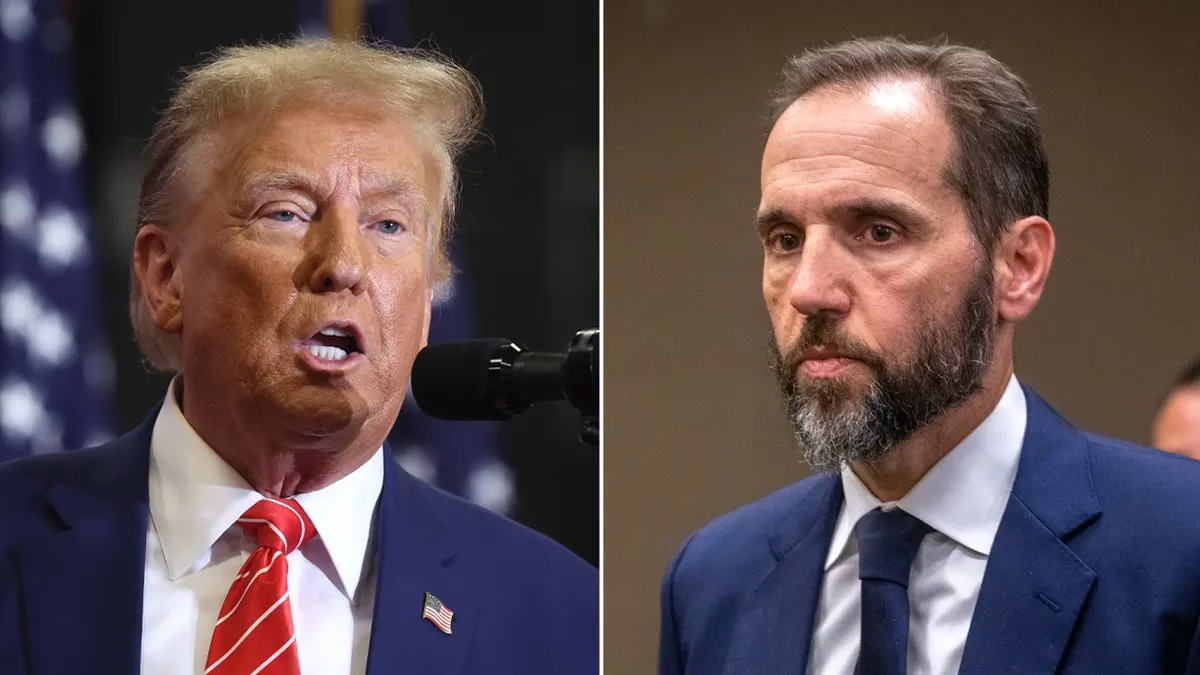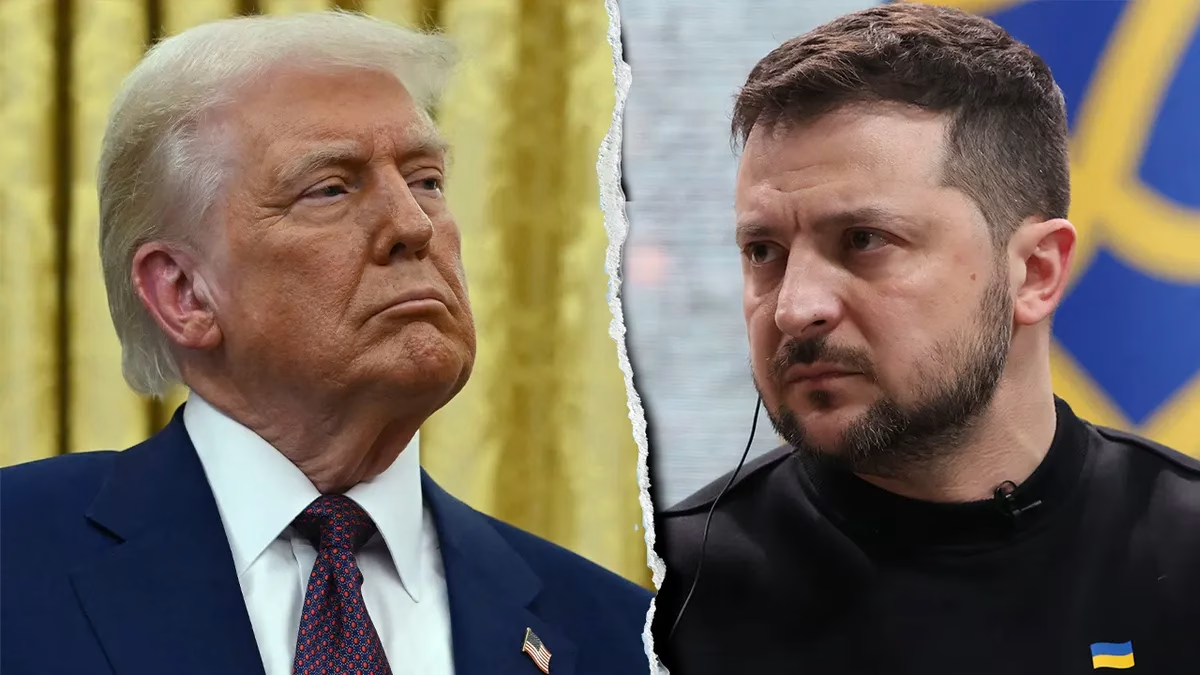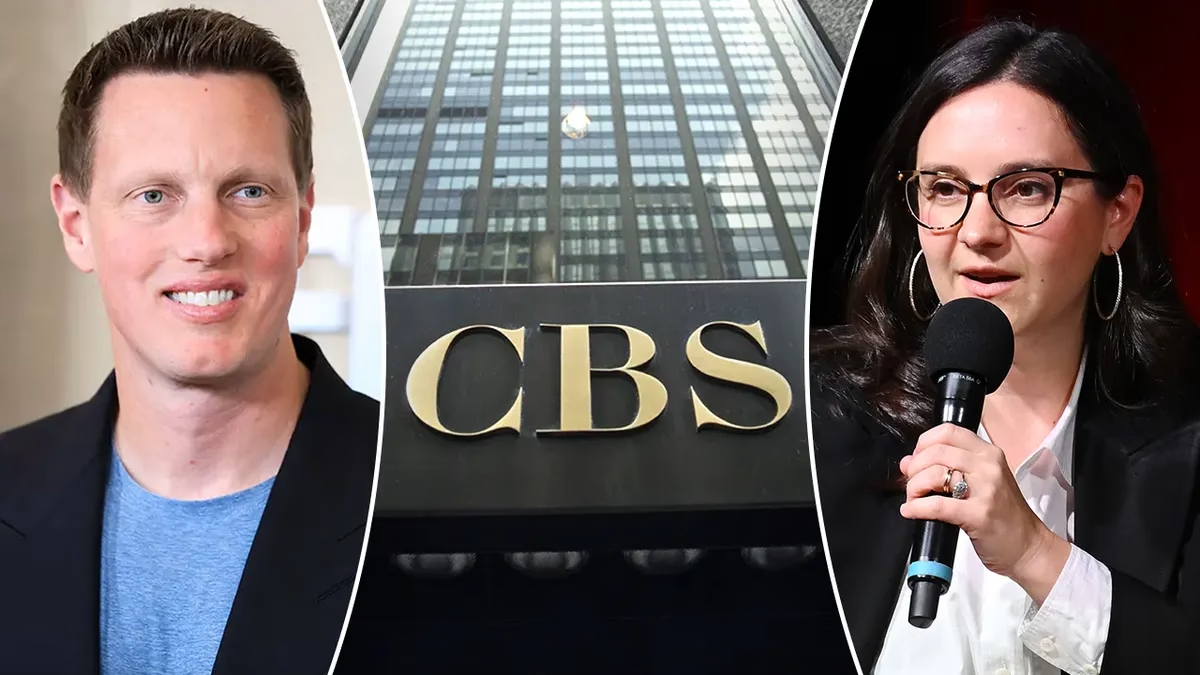By Mary Jones & Jane Lewis | Wednesday, October 15, 2025 | 8 min read
Jack Smith is not a man who seeks the spotlight. Over the course of his long and distinguished legal career, he’s quietly prosecuted war criminals, pursued high-level public corruption, and led some of the Justice Department’s most sensitive investigations. But when history remembers him, it will be for a single extraordinary fact: he became the only prosecutor in American history to indict a sitting or former president of the United States.
For years, he remained silent, even as his work shaped the political and legal landscape of the country. But this week, in a rare and pointed public appearance, Smith finally broke that silence. And what he said cast a sharp light on how the nation’s legal institutions are eroding — with the Supreme Court playing a central role in turning the rule of law into something dangerously fragile.
Smith’s interview wasn’t flashy. He didn’t deliver sound bites or indulge in political theater. His tone was steady, clinical, and deliberate, the way seasoned prosecutors speak when they know every word will be scrutinized. But beneath that composure was something unmistakable: a sense of alarm.
He described a Justice Department where political loyalty has begun to overtake legal process, where experienced prosecutors are replaced by political appointees with no criminal background, and where legal norms are collapsing under the weight of personal power plays. He spoke about a system that, in his view, is being deliberately hollowed out — and the dangerous precedent that sets.
“Once we get in a position where we start talking about maybe not filing court opinions we don’t like, we are lost,” Smith said flatly. “The attacks on public servants have a cost for our country that is incalculable. The idea that politics played a role in who worked on that case or who got chosen is ludicrous. Everybody who worked on my team was apolitical — people who wanted to do the right thing and do public service. They brought somebody in who had never been a criminal prosecutor. That just reeks of lack of process. Process shouldn’t be a political issue.”
It was a quiet but devastating indictment of what has become of the Justice Department under political pressure. Smith didn’t name names, but the reference to the Trump-Bondi DOJ arrangement was unmistakable — a department increasingly shaped not by legal reasoning but by partisan loyalty.
For many Americans, Smith became a household name in 2022, when he was appointed special counsel to investigate Donald Trump’s handling of classified documents and his role in the January 6 attack. His team built the first-ever federal indictment against a former president, alleging obstruction, concealment of government records, and an unprecedented attempt to cling to power after losing the 2020 election. Trump has since returned to the presidency, and Smith has endured relentless attacks, not only from the former president himself but from the political machine that shields him.
Throughout the chaos, Smith chose silence. He could have gone on television, written op-eds, or mounted a public defense. He didn’t. He worked, filed motions, argued in court — and said nothing. That made his sudden reemergence this week, in conversation with Andrew Weissmann, a former DOJ colleague, all the more striking. For the first time, he peeled back the curtain on what it has meant to fight for the rule of law while the very idea of justice is being chipped away.
What Smith described was more than bureaucratic dysfunction. It was a fundamental breakdown of democratic guardrails. He spoke about the personal toll on the people who staffed his team — career public servants who believed they were protecting the law, only to be vilified and purged. “Everybody who worked on my team was fired — not just the lawyers, but the administrative staff as well,” Smith said.
“These are people who have spent their careers sacrificing for their communities and country. I’m really upset that people like that are being vilified and that their stories aren’t being heard. These are people who put their lives on the line. For them to be fired for this — I just don’t see how anyone can hear those stories and not be moved.”
His voice cracked when he described an FBI agent on his team whose wife was dying of cancer when he was dismissed. That moment punctured the usual stoicism of prosecutors and made clear what this fight is costing human beings who aren’t famous, who don’t have PACs or microphones — people who simply chose to serve.
But Smith didn’t just aim his criticism at political actors. His comments hinted at another, far more dangerous enabler: the Supreme Court. Over the past several years, the Court has issued rulings that have drastically expanded presidential immunity, weakened checks on executive power, and slowed down or blocked accountability for political elites. These decisions have had the practical effect of shielding Donald Trump and others from immediate legal consequences. In doing so, the Court has placed itself at the center of an unraveling legal order.
For Smith and many others in the legal community, this is not an abstract constitutional debate. It’s a real-world crisis. By signaling that a president may enjoy near-total protection from prosecution, the Supreme Court has turned what was once a constitutional safeguard into a tool of impunity. Prosecutors like Smith can build airtight cases, but if the highest court in the land chooses to protect power over the rule of law, those cases become little more than legal theater. It’s a message to future presidents — and to political movements across the spectrum — that the law is not an equal force. It’s conditional. It’s negotiable.
This is how nations slide, slowly at first, toward lawlessness. This is how guardrails rot. It doesn’t happen overnight, with a single coup. It happens through procedural decay, legal reinterpretations that favor power, and quiet decisions in wood-paneled chambers that signal to the public: some people are untouchable.
And yet, there’s another explosive risk few in Trump’s orbit seem to fully grasp. Any attempt by the Department of Justice to prosecute Jack Smith would not just be a political stunt — it would be a legal detonation. If the DOJ were to target him, Smith and his lawyers would gain the right to discovery, opening the door to the entire January 6 case file. Every document, classified memo, witness statement, and grand jury transcript tied to the investigation could become fair game.
What Trump’s circle has tried to bury could end up in open court, under oath, with the world watching. It would not silence Smith; it would hand him the biggest platform imaginable to expose everything. It wouldn’t just be a legal fight — it would be a spectacular backfire, turning any prosecution of him into a de facto retrial of January 6 itself. Trump’s allies might try to rewrite history, but they’d be the ones reopening it.
Smith’s rare appearance was more than a personal statement; it was a warning. When prosecutors can no longer rely on the legal system to uphold its own rules, when the Supreme Court redefines accountability out of existence, and when political actors replace expertise with loyalty, a nation starts to resemble something far more dangerous than a divided democracy. It begins to resemble a country teetering on the edge of organized chaos — the kind of chaos that, in history’s darker chapters, has preceded civil conflict.
Jack Smith has always been a lawyer, not a politician. But in this moment, his words carried the weight of someone who has seen how fragile justice can become when those sworn to protect it start to dismantle it from within. And for all the legal battles yet to come, his warning may prove the most important of all: a system that cannot hold the powerful accountable is not a system built to last.
Comey’s Charges Had Nothing to Do With Russia Interference — This Was Trump’s Payback
Epstein Files Put Musk Back in Spotlight—Could Tesla’s $29 Billion Shareholder Payout Be at Risk?
Mexico Is Not the Origin of the Drug Trade—Europe and Big Pharma Were There First
Trump’s Russia ‘Paper Tiger’ Remark Steals the Spotlight as 2025’s Best Punchline
Nexstar, Sinclair Refuse to Broadcast ‘Jimmy Kimmel Live!’ Following ABC Return






